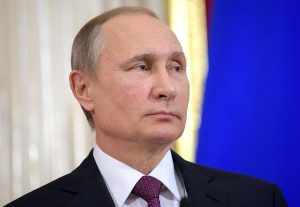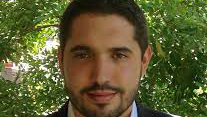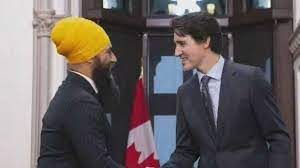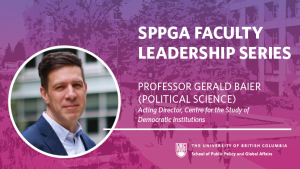The return of oligarchy? Threats to representative democracy in Latin America
Maxwell Cameron discusses the classical theory of oligarchy, examines the use of the concept in contemporary theories of comparative politics and describes oligarchic modes of rule in Latin America’s hierarchical market economies.
Prof. Maxwell Cameron comments on how Liberal-NDP agreement could impact the Conservative leadership race
If the Conservatives try to select a new leader and unite the divided party, the Liberals might feel less vulnerable. “If they do that, then that really is good for the Liberals, and then the Liberals can afford the association with the NDP; they’ll still be occupying the middle ground,” said professor Maxwell Cameron.
Prof. Lisa Sundstrom: Will Russians Toss Their Leader?
“Mass opposition on its own is likely insufficient to produce regime change in Russia. Organized Russian opposition to Putin has faced crackdowns in recent years that has left their ranks thin and in disarray, with their chief leader, Alexei Navalny, in prison for years to come,” Prof. Lisa Sundstrom writes for The Tyee.
Scope Conditions diagnoses democracy’s representation gap with Dr. Sergio Montero
In this episode of Scope Conditions, Professors Alan Jacobs and Yang-Yang Zhou ask: what happens when your favorite candidate isn’t even running? Guest Dr. Sergio Montero argues that, if we want to understand representation, it’s helpful to take a step back from the outcomes voters get and to start thinking about the alternatives available to them.
Prof. Gerald Baier comments on the confidence and supply agreement announced by the Liberals and NDP
According to Professor Gerald Baier, both the parties will have victories and accomplishments they can highlight. “But this (agreement) also has the potential to really hurt the NDP going forward, because voters will think, ‘Why would I vote NDP when the Liberals are doing the kinds of things that the NDP would do?” said Professor Gerald Baier.
Professors Genevieve Bates and Lisa Sundstrom answer questions about international court intervention in Ukraine and Russian anti-war protests
Can Putin be put on trial? What can literature teach us about Ukraine? What does this conflict mean for multicultural states? Could Russia’s anti-war protests take down Putin? Political Science Professors Genevieve Bates and Lisa Sundstrom weigh in on these questions with other Professors from Department of Central, Eastern and Northern European Studies.
Prof. Kathryn Harrison comments on the changes to the Conservative party’s climate change solutions
“[The Conservatives] are adopting policies that speak on behalf of their core voters, about a third of Canadians who oppose carbon pricing,” said Dr Kathryn Harrison. According to her, conservatives’ aversion is really about the carbon price: “It’s about protecting the status quo and the fossil fuel industry.”
Meet the SPPGA Directors – an interview with Professor Gerald Baier
In an interview with SPPGA, UBC Political Science Professor Baier shares what drives his research, CSDI’s major initiatives, and how students can connect with this work.
Prof. Maxwell Cameron: Don’t ignore democracy’s flaws
We need to ask “What ails democracy?” and work on reversing the erosion of governance before we can promote democracy globally, writes Prof. Maxwell Cameron
Prof. Paul Quirk commented on Biden’s role in the 2024 presidential election
Biden’s age has always been a cause for concern. UBC political science professor Dr. Paul Quirk says if Biden’s “senior moments” don’t become noticeably more frequent or more alarming over the next two years, he will probably run for a second term. “If the economy is in a strong recovery and the pandemic is behind us, he should have excellent prospects in the election, and there won’t be a strong argument that any alternative nominee would be more electable,” he added.









